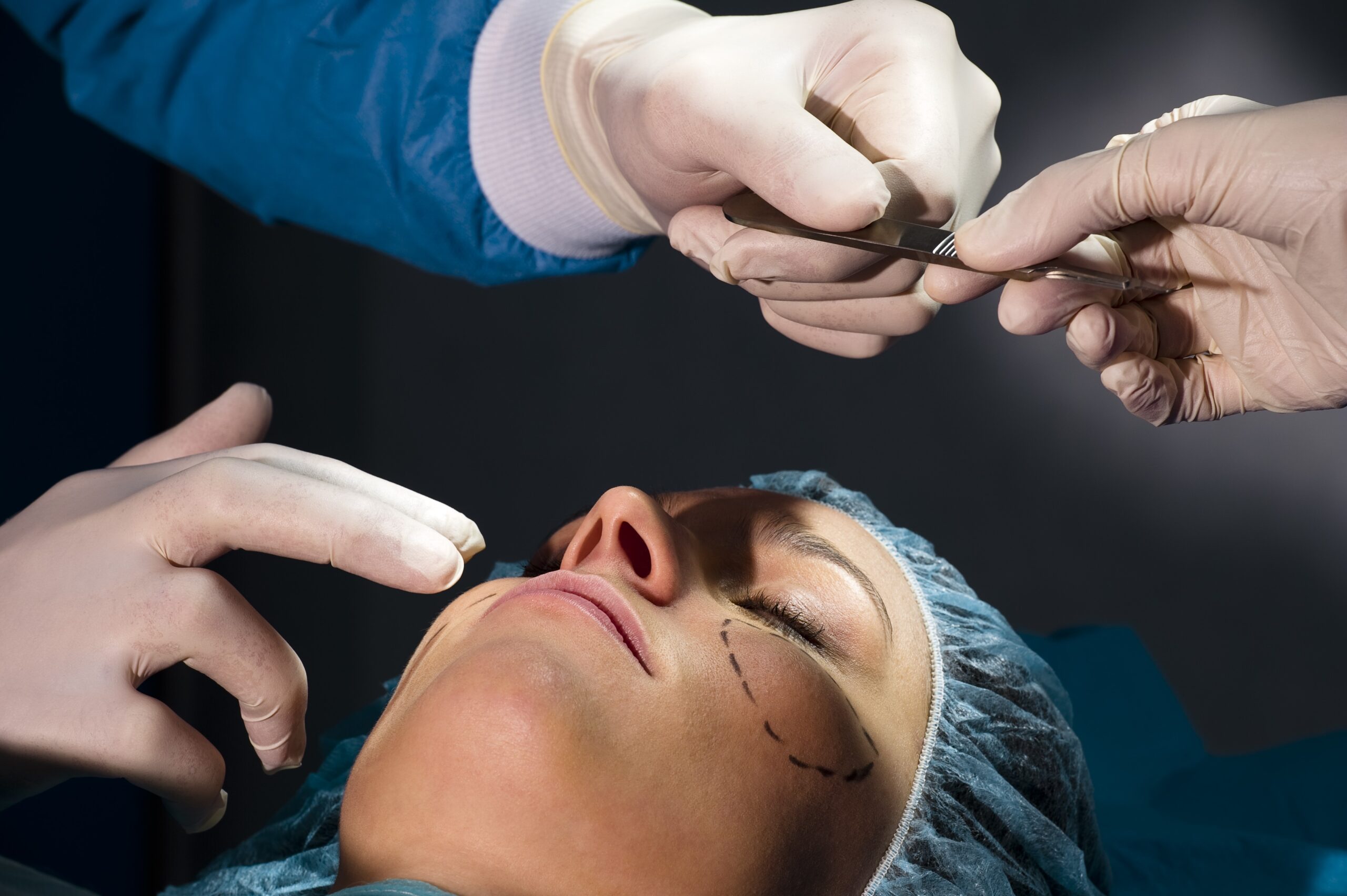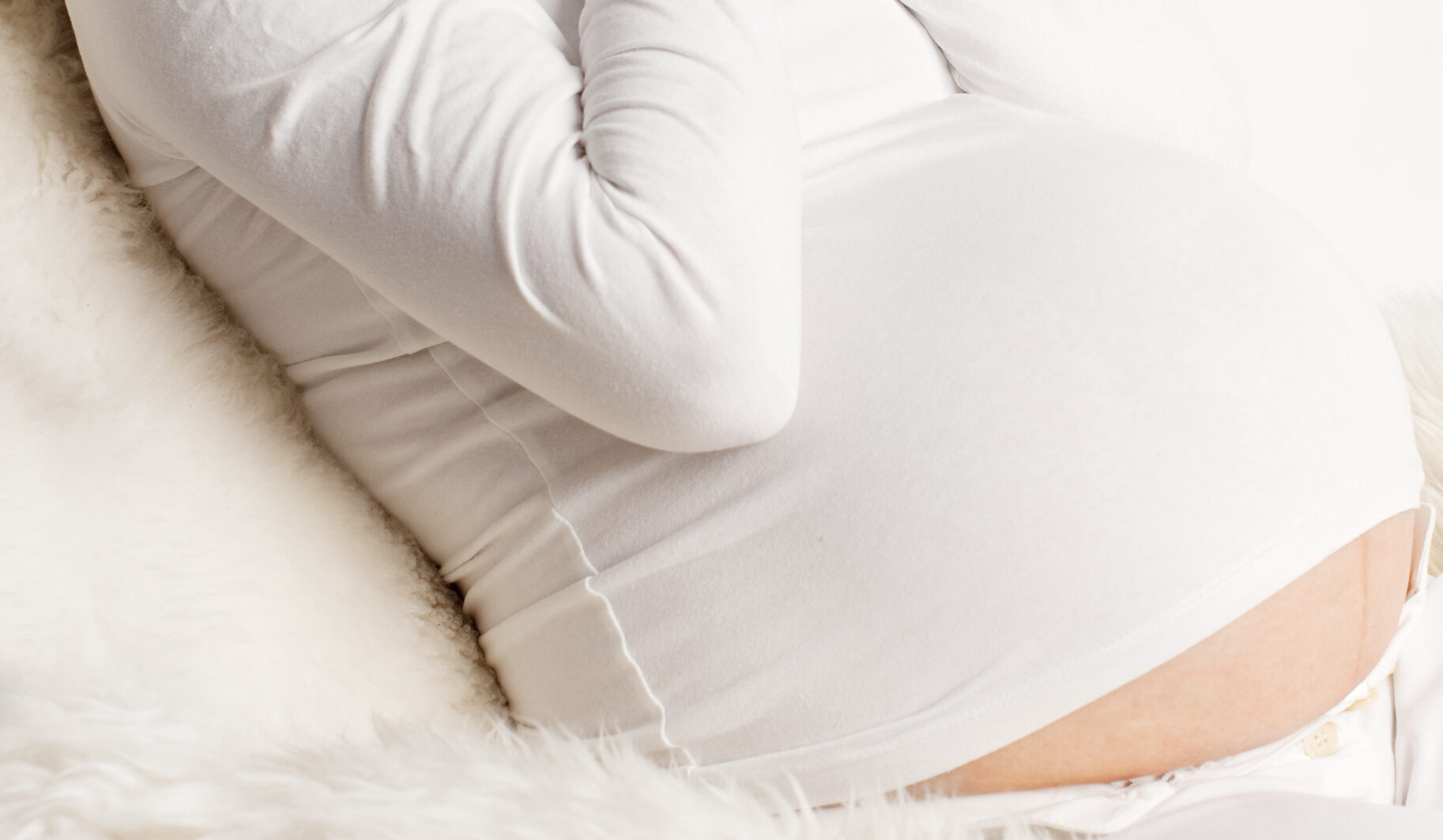It is well known that there is a significant disparity between health outcomes for Indigenous and non-Indigenous Australians. In obstetric care, this is reflected in higher rates of preterm birth, low birth weight and newborn mortality.
These poor outcomes arise due to a multitude of factors, including pervasive and institutionalised racism, social exclusion, and social determinants of health including income, employment, education and access to goods, services and health care.[1]
It is vital that interventions are made during pregnancy, as many chronic diseases prevalent amongst First Nations people have their genesis in-utero and the early years of life.[2]
Birthing on Country
‘Birthing on Country’ enables Indigenous women to give birth in their own community. For Indigenous women, birthing on Country is a form of healing, and enables a continued connection to the land.[3]
Birthing on Country is a valuable way to integrate the cultural and spiritual needs of Indigenous peoples into obstetric care. Further, birthing on Country has the capacity to improve obstetric outcomes as there is a correlation between the distance to maternity services and clinical and psychosocial outcomes for patients.[4]
How do we solve this issue?
In order to create an obstetric health care system that is culturally safe and desirable, we firstly need to increase cultural competency training amongst current obstetric staff. This has already started to commence in some parts of the obstetric healthcare system. The Congress of Aboriginal and Torres Strait Islander Nurses and Midwives provides cultural competency training and challenges western models of healthcare.
Trauma-informed maternal care will also increase the effectiveness of obstetric care. Trauma-informed care understands and adapts to the continued impact of colonialism, and the resulting historical injustices, dispossession, and racism.[5] This will improve obstetric care as it will reduce the overrepresentation of Indigenous children in foster care through redirecting funding to support vulnerable families.[6]
Further, increasing the number of professional First Nations people involved in obstetrics will undoubtedly increase the cultural competency of the healthcare system.[7]
In NSW, the Aboriginal Maternal Infant Health Service provides culturally safe care to Aboriginal women. The service is a promising starting point for developing obstetric care in a way that meaningfully addresses the concerns of Indigenous peoples.
[1] Sue Kildea, Sally Tracy, Juanita Sherwood, Fleur Magick-Dennis and Lesley Barclay, ‘Improving maternity services for Indigenous women in Australia: moving from policy to practice’ (2016) 205(8) Medical Journal of Australia 375, 375. [2] Sue Kildea, Sally Tracy, Juanita Sherwood, Fleur Magick-Dennis and Lesley Barclay, ‘Improving maternity services for Indigenous women in Australia: moving from policy to practice’ (2016) 205(8) Medical Journal of Australia 375, 375. [3] Sue Kildea et al., ‘Birthing on Country (in Our Community): a case study of engaging stakeholders and developing a best-practice Indigenous maternity service in an urban setting.’ (2018) 42 Australian Health Review 230, 231. [4] Sue Kildea, Sally Tracy, Juanita Sherwood, Fleur Magick-Dennis and Lesley Barclay, ‘Improving maternity services for Indigenous women in Australia: moving from policy to practice’ (2016) 205(8) Medical Journal of Australia 375, 377. [5] Sue Kildea, Sally Tracy, Juanita Sherwood, Fleur Magick-Dennis and Lesley Barclay, ‘Improving maternity services for Indigenous women in Australia: moving from policy to practice’ (2016) 205(8) Medical Journal of Australia 375, 376. [6] Sue Kildea, Sally Tracy, Juanita Sherwood, Fleur Magick-Dennis and Lesley Barclay, ‘Improving maternity services for Indigenous women in Australia: moving from policy to practice’ (2016) 205(8) Medical Journal of Australia 375, 376. [7] Sue Kildea, Sally Tracy, Juanita Sherwood, Fleur Magick-Dennis and Lesley Barclay, ‘Improving maternity services for Indigenous women in Australia: moving from policy to practice’ (2016) 205(8) Medical Journal of Australia 375, 376.If you would like to speak to one of our experienced solicitors, please contact us on 02 4050 0330, or book an appointment online.










